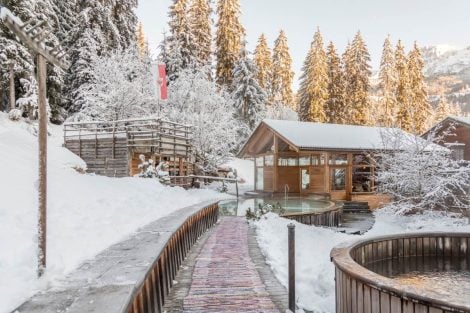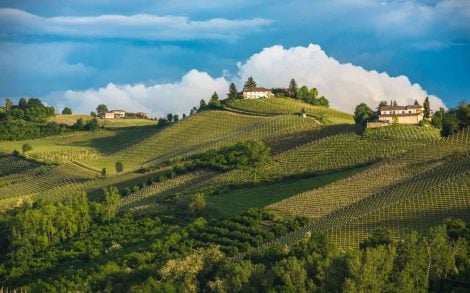by Vittorio Ferla
To expand or not to expand the Etna DOC? The issue was recently raised in an interview with Gambero Rosso by Benjamin Franchetti, heir to wine pioneer Andrea Franchetti and owner of Passopisciaro in Castiglione di Sicilia on the northern slope of the volcano. The focus is primarily on the area north of the provincial road known as "Quota Mille," which traverses the territories of Linguaglossa, Castiglione di Sicilia, and Randazzo. Iconic producers like Graci and Cornelissen also cultivate vineyards beyond the official denomination boundaries in areas like Contrada Barbabecchi. The debate has been ongoing for some time. The DOC, established in 1968 by Carlo Nicolosi Asmundo (a wine-making professor and owner of Barone di Villagrande, now led by his son Marco), has the shape of an inverted "C." From north to south, it connects Randazzo to Biancavilla but excludes the entire western part encompassing Adrano, Bronte, and Maletto.
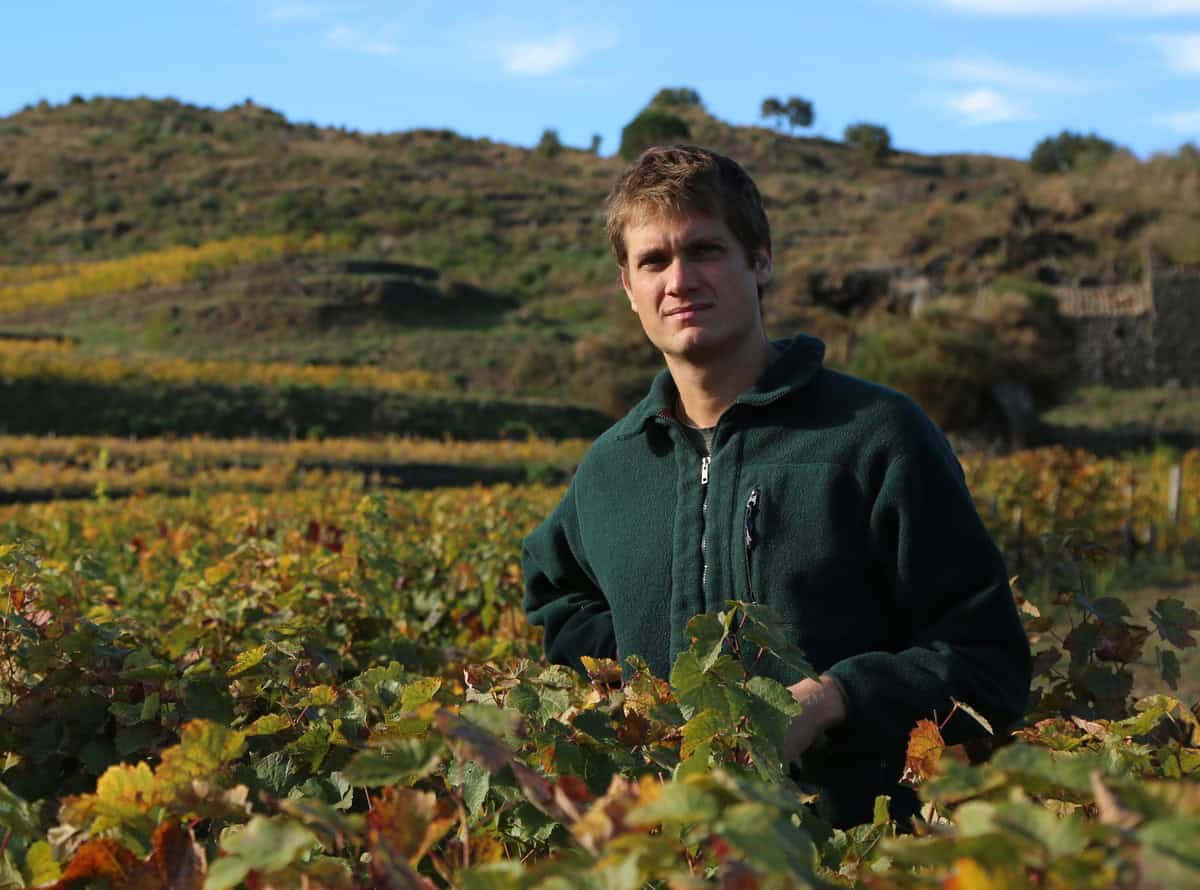
Younger Generations in favor of expansion
Some young producers consider the denomination boundaries too restrictive as they exclude traditional and well-established wine regions. Giacomo Foti Randazzese, owner of the eponymous estates in the Nicolosi area on the southern slope, states, "If you expand beyond 800 meters on the northern slope, you should include the territories of Ragalna, Biancavilla, and Santa Maria di Licodia, which are unjustifiably outside the DOC boundaries." Gloria di Paola, a young natural wine producer with Tre.mi.la, agrees: "Etna is a circular territory, and the DOC zone should also include Bronte and Adrano."
Francesco Sanfilippo, who manages Vigne di confine with his father Emanuele, suggests extending the DOC to cover the entire Etna territory: "In Biancavilla, many producers outside the regulations make quality wines. We have a vineyard adjacent to Barone Spitaleri’s, which was excluded from the 1968 DOC. Beyond the DOC, there is only IGT Terre Siciliane. The consortium should broadly cover all of Etna as it brings prestige to the area."
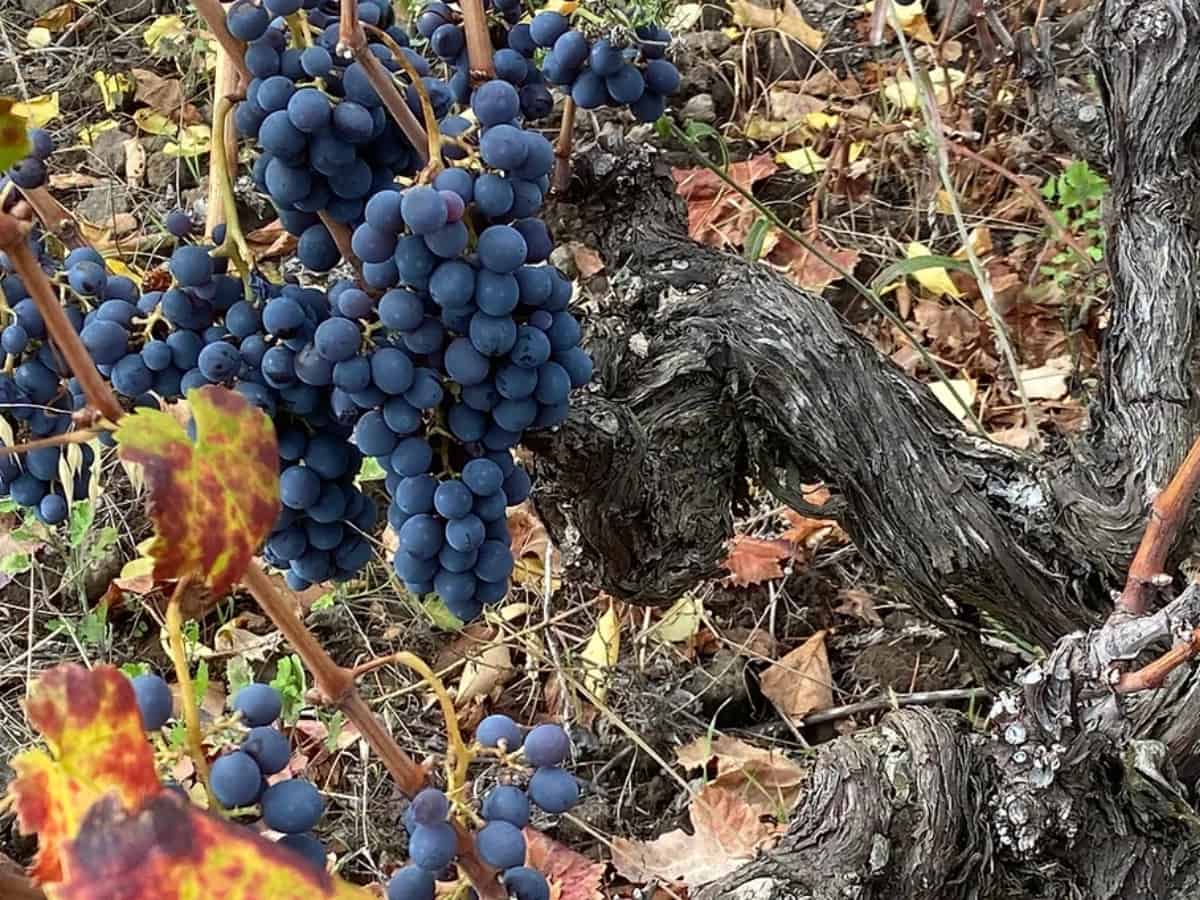
Those who opt out by choice
Sometimes, not using the DOC label is a deliberate choice. Graziella Camarda, owner of a small estate on the northern slope, adheres to a traditional winemaking philosophy and prefers to declassify her wines to avoid consortium regulations: "We use only what nature offers to create a pure and flawless wine. If I had submitted my 2019 Rosato to the commission, it would have been rejected for its color."
Moving upwards to escape climate change
Climate change considerations are also significant. Michele Brusaferri, agronomist at Tenuta Tascante, notes, "We had to adapt by avoiding defoliation and applying more treatments to cope with the heat. Climate changes are rapid, and we can exceed the 800-meter limit. Expanding beyond Randazzo would be interesting, but changing the boundaries would require extensive discussions."
Federico Graziani, a sommelier who chose Etna as his adopted home, observes, "Climate change is evident. Previously, 70% of the years were normal, 15% dry, and 15% wet. Now, 70% of the years are characterized by extreme events. Moving upwards is inevitable; I have already planted Carricante vines at 1200 meters. If you expand the DOC towards the sea, Etna becomes a beach wine."
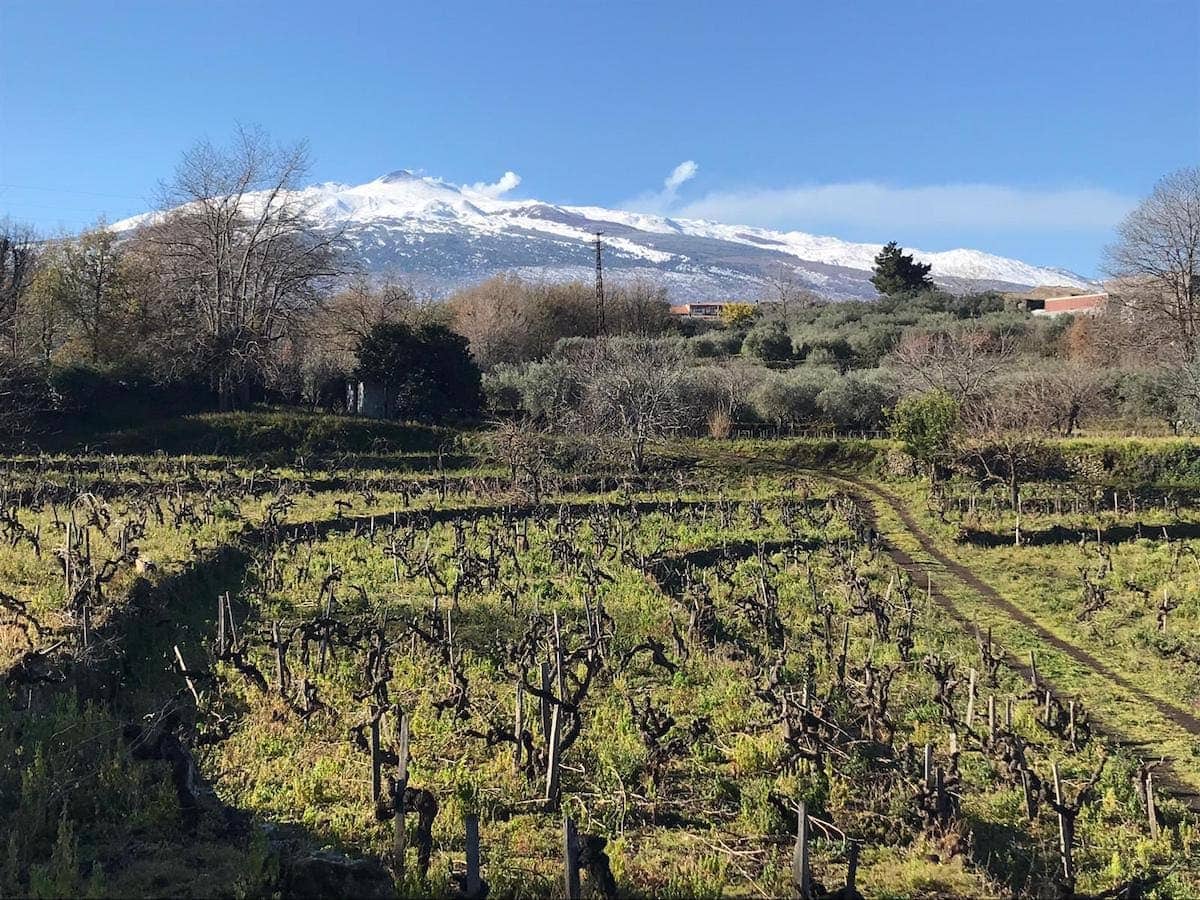
Opposition to expansion
Many producers oppose the expansion to protect a relatively young denomination that is just beginning to gain recognition among the world's great wine regions. Mariarita Grasso, marketing manager at Filippo Grasso, states, "We have experienced hot years, but we need to see the trends over the next decade. Past decades also had cycles of cold and hot years."
Giuseppe Russo of Girolamo Russo adds, "Opening up the DOC risks quality dilution. Which criteria would be used? Historical criteria might extend the area to the Piana di Catania. The high-altitude vineyards represent Etna, but expanding the DOC is unnecessary. Quality transcends labels."
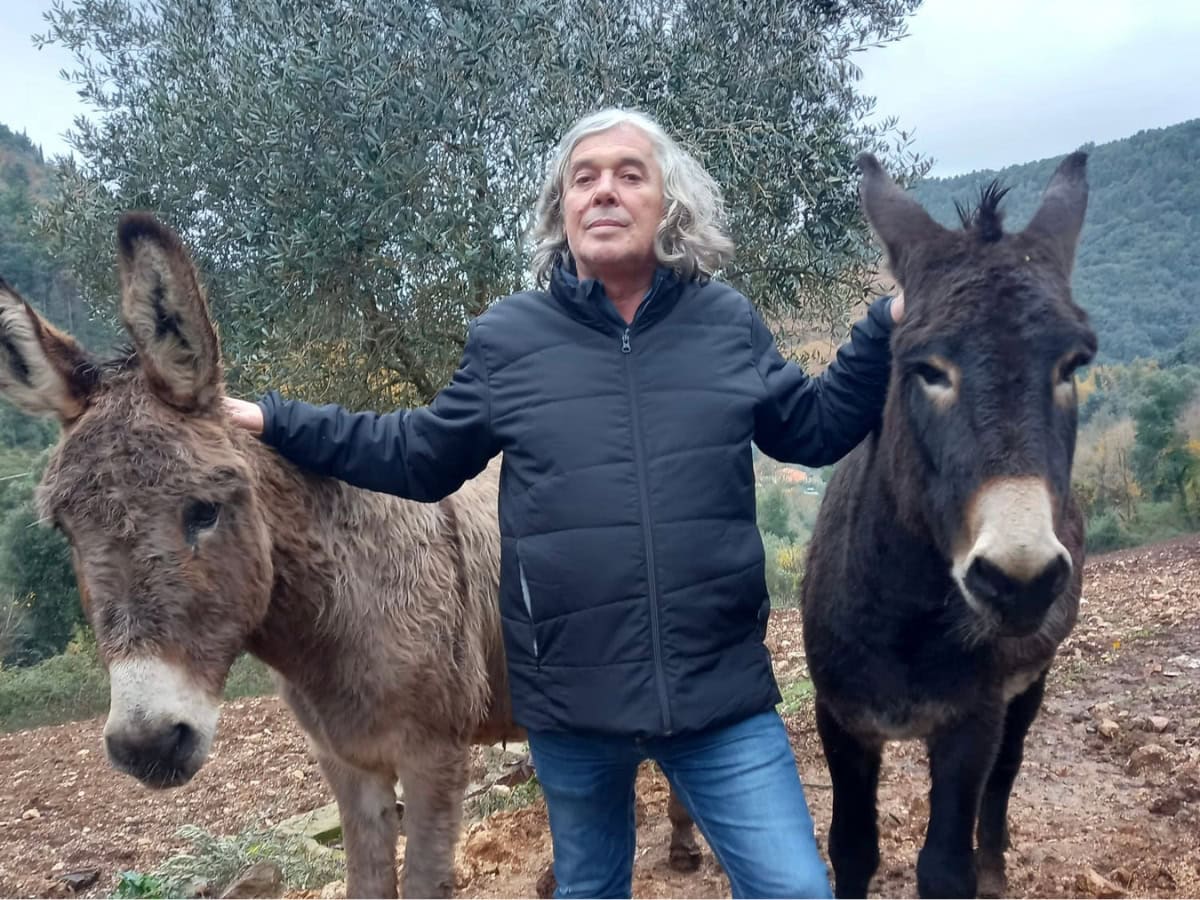
Alternative proposals to expansion
Federico Curtaz, enologist and owner of a company on the volcano, argues against expansion: "The DOC should reach the pistachio borders in Biancavilla but not open to higher northern districts like Sciaranuova and Rampante. Expanding would devalue those who first believed in it. Perhaps it’s better to remove unnecessary grape varieties like Catarratto and focus on Carricante."
Mario Paoluzi of Custodi delle vigne dell'Etna proposes, "The DOC might freeze expansion requests and focus on quality. A second, less restrictive DOC might be an alternative."

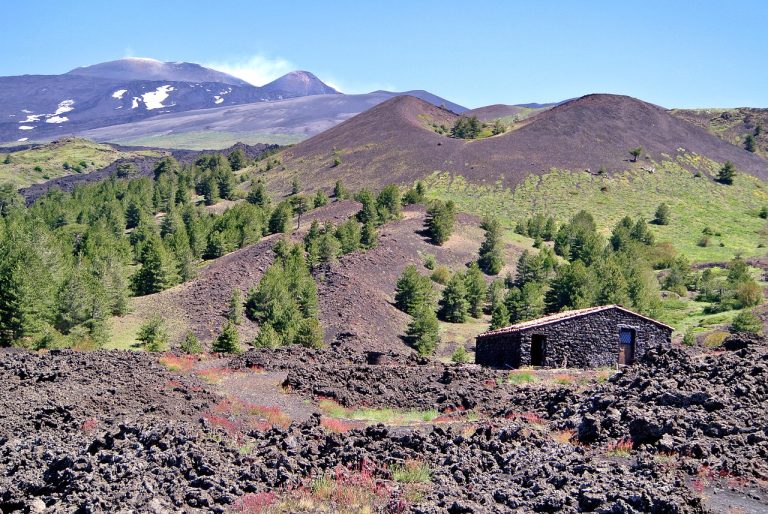
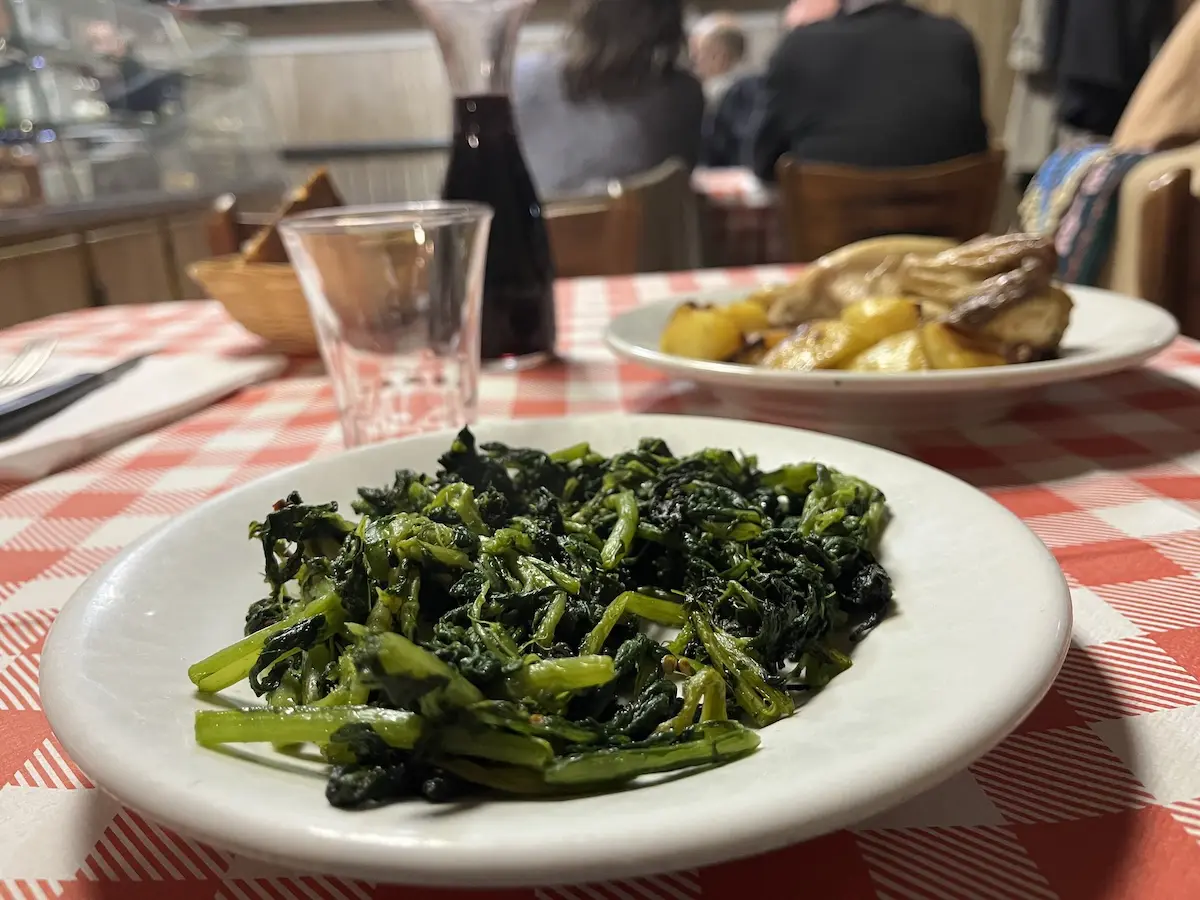 Why not every trattoria should be written about
Why not every trattoria should be written about Brigitte Bardot’s final rosé: the wine that marks the end of an icon
Brigitte Bardot’s final rosé: the wine that marks the end of an icon What you need to know about Italy's new decree on dealcoholised wine
What you need to know about Italy's new decree on dealcoholised wine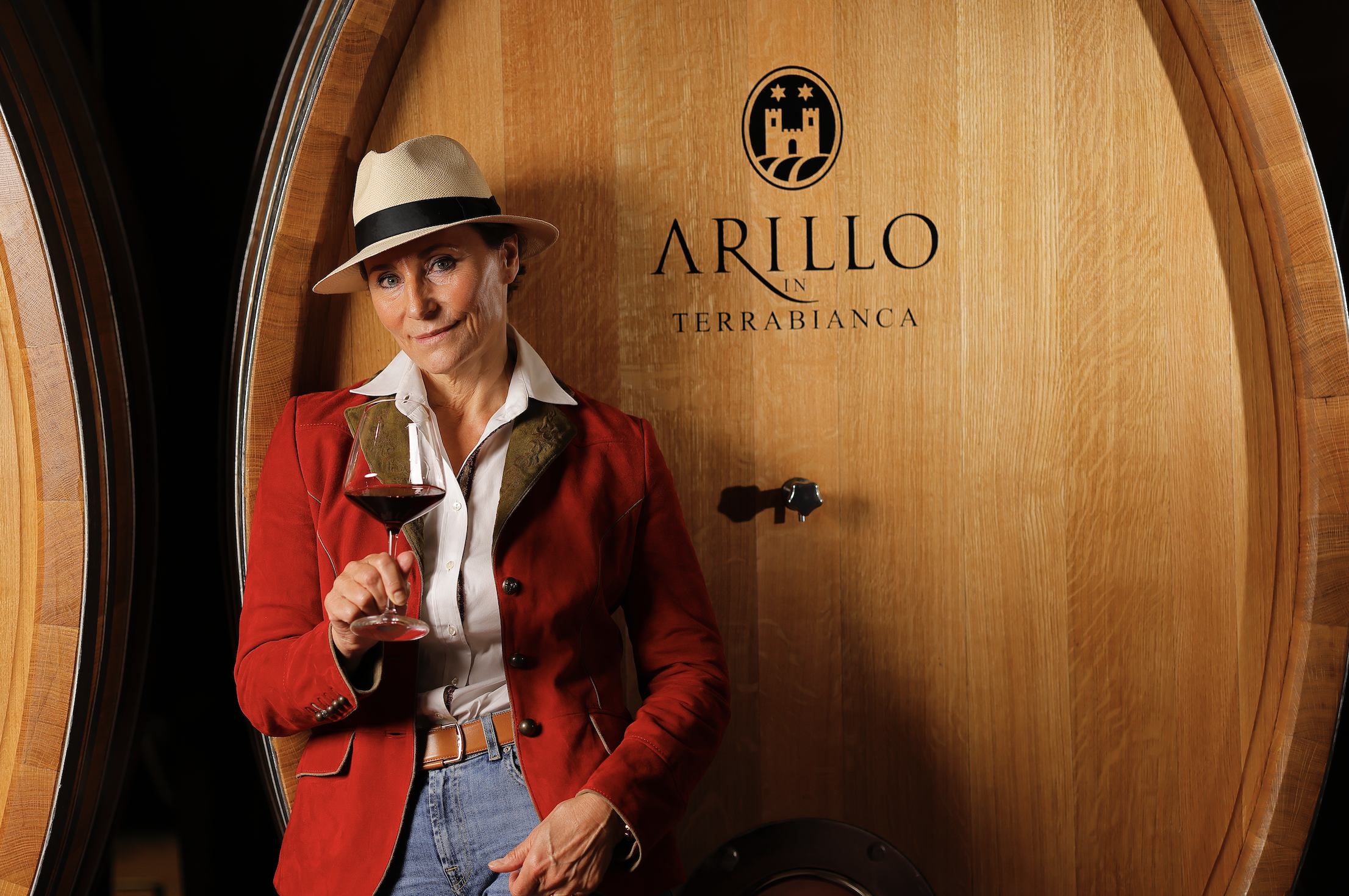 Why Arillo in Terrabianca's organic approach is paying off
Why Arillo in Terrabianca's organic approach is paying off
